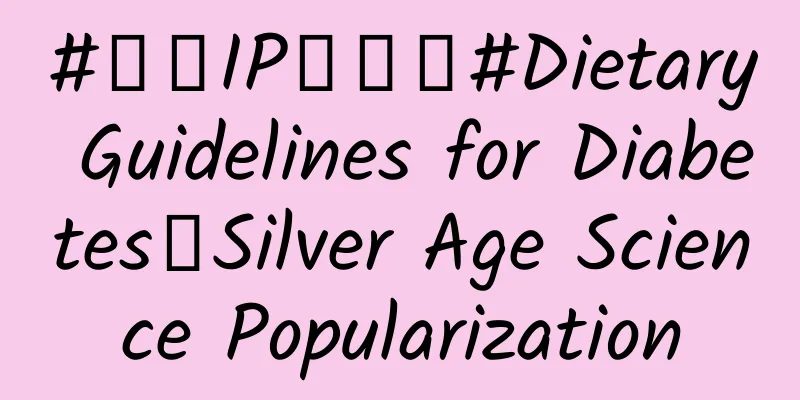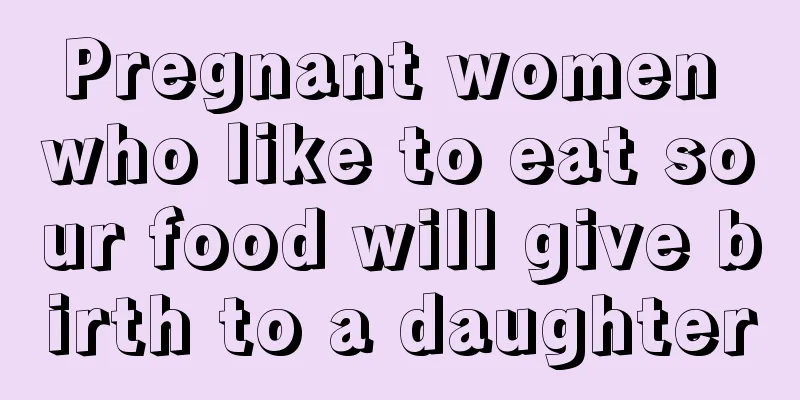How many days of safe period after the menstrual period?

|
For a girl, menstruation and ovulation are something that must be experienced every month. During menstruation, you cannot have sexual intercourse. After menstruation, the safe period is within three days. The chance of pregnancy during this time is relatively low, but you must also take protective measures to avoid unexpected situations. Try not to eat raw or cold food during this period, otherwise it will harm the health of the uterus. So how many days after the period is the safe period? Many friends are still not very clear about when the ovulation period is, but if you don’t know how many days the ovulation period is, it will be difficult to grasp the time for having sex. 1. If the menstrual cycle is regular, a woman's ovulation period is generally about 14 days before the next menstrual period. The 5 days before and 4 days after ovulation, together with the ovulation day, a total of 10 days are called the ovulation period. 2. If your menstrual period is unstable, your ovulation period can be calculated as follows: the first day of ovulation = the shortest menstrual cycle minus 18 days, the last day of ovulation = the longest menstrual cycle minus 11 days. The calculation method is to take the first day of menstruation as the base point and count the days backwards. For example, if your menstrual cycle is irregular, sometimes it is only 23 days, and sometimes it is as long as 35 days. Then the first day of your ovulation period is 23-18=5, and the last day of your ovulation period is 35-11=24. In this case, the ovulation period may be as long as 24-5=19 days. However, this only means that there is a possibility of ovulation during this period, and it is impossible to accurately calculate the exact day of ovulation. 1. Increased leucorrhea Leucorrhea is a woman's vaginal discharge during ovulation. The leucorrhea of normal women is an odorless, slightly acidic viscous substance that has the functions of moistening the vagina, excreting waste, and inhibiting the growth of pathogens. It is a normal physiological phenomenon. 2. Increased body temperature During the ovulation period, a woman's body temperature will be higher than before, but because body temperature is greatly affected by the outside world, this method is generally undetectable without a thermometer and long-term measurement of body temperature. 3. Decreased appetite Studies have shown that women eat the least during their ovulation period in a menstrual cycle. Experts point out that this is the result of human natural instincts that have been preserved to this day - female animals during ovulation will focus more on finding the opposite sex for mating rather than finding food. 4. Energetic This is also a natural instinct inherited from humans. In order to successfully attract the opposite sex, women during ovulation will become energetic and love to show themselves. |
>>: Is it safe period after auntie leaves?
Recommend
Can I have a fourth baby by caesarean section?
With the gradual development of medicine, when wo...
Can diabetes cause blindness?
Diabetes is a well-known common disease, but diab...
Polycystic ovary syndrome
Polycystic ovary syndrome (PCOS) is a common dise...
How did Tie Rongguang die in the decisive court? Who is behind Tie Rongguang?
After every New Year, a large number of film and ...
Stomach congestion in early pregnancy
There are many mothers who are in the early stage...
Is cesarean section pregnancy safe?
In recent years, many young women have chosen ces...
Facebook Messenger reaches 1.2 billion monthly active users
WeChat is a popular instant messaging product in ...
How to buy a table tennis base? How to practice footwork when playing table tennis
A good table tennis base is very important for pe...
What to do if you catch a cold during breastfeeding
When the seasons change, colds become more preval...
Is the lower back pain after abortion caused by inflammation?
Abortion is a very widely used pregnancy terminat...
Brown discharge at 9 weeks of pregnancy
When you find out you are pregnant and about to b...
Popular Science: Exploring the warning signs of stroke!
Stroke is a serious neurological disease that bri...
Are pubic lice visible to the naked eye?
Pubic lice is a skin disease that mainly involves...
What is the difference between dried mango and mango crisp? When is mango ripe?
Mango is a fruit that many people like to eat. Ho...
Is it accurate to use pregnancy test stick in the afternoon?
Generally speaking, when women use pregnancy test...









